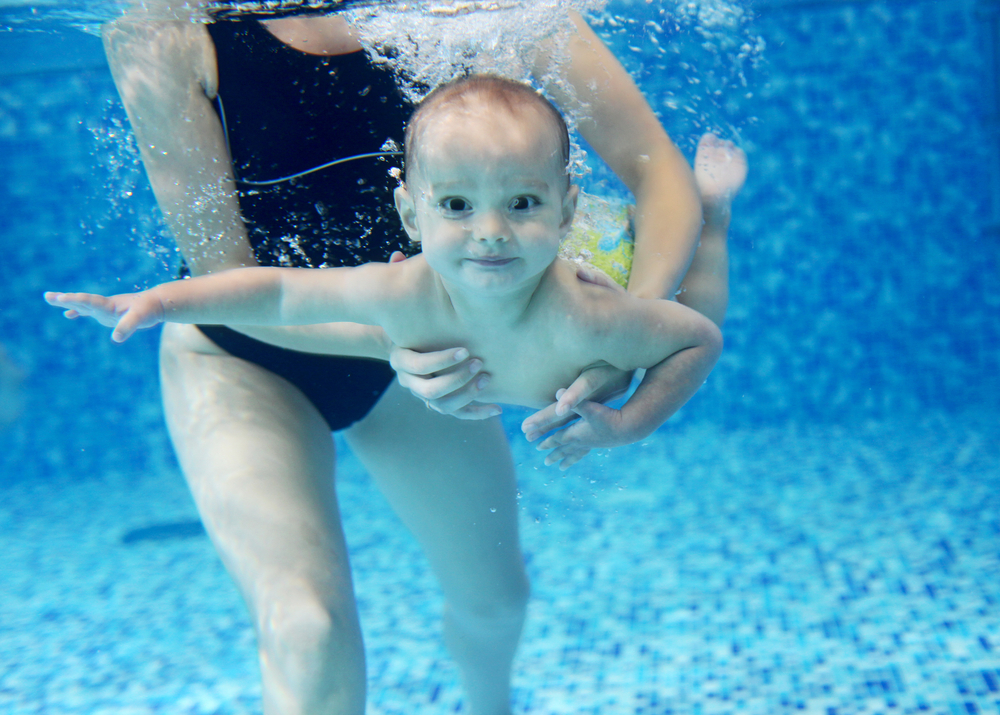
Education, Wellbeing
Wellbeing
13 May, 2026

At Edge Early Learning, we believe in supporting the whole child, not just at our centres, but in life. That includes building essential life skills that help children feel confident, capable and safe in their everyday world.
Swimming is one of the most important life skills your child can learn, and it’s not just for fun, it’s for safety, confidence, and long-term health. Summer is a great time for swimming, but there are plenty of reasons to continue lessons through winter, too. Here’s your guide to getting your child in the water all year round.
Safety is the number one reason to maintain swimming lessons all year. In Australia, where pools, beaches, and waterways are part of everyday life, strong swimming skills are essential. Regular lessons help children become water-safe and develop confidence in the water, reducing the risk of accidents.
Learn more aboutu keeping kids safe around water.
Just like school, swimming skills are easier to retain when practiced regularly. Children who take breaks for months may struggle to remember previous lessons. Consistent swimming helps build on skills, making progress faster and more rewarding.
Swimming is a full-body workout that benefits cardiovascular health, posture, strength, and coordination. Even in winter, swimming releases endorphins, reduces stress, and improves circulation, giving children a healthy physical and mental boost.
Children who swim through the year enter summer lessons confident and ready to learn. Regular practice strengthens their skills and gives them a sense of achievement. They’re also more likely to participate actively in group lessons and water activities with peers.
Swimming during colder months teaches children the value of following through, even when they don’t feel like it. Making lessons part of a routine, and rewarding efforts with a warm breakfast or hot chocolate, encourages persistence and resilience.
For more ideas on keeping young children active in a safe, structured way, check out these four non-contact sports for under-fives.
There’s no “right” age, but children should ideally start lessons by age three. Babies can enjoy water familiarisation, but skill retention improves as they get older. The goal in early lessons is confidence, comfort, and fun, not mastery.
Early lessons focus on water familiarisation:
It’s normal for children to take time to learn to float, kick, or put their face in the water.
Remember, swimming is a life skill, consistency, patience, and positive experiences are key.
Swimming through winter and starting lessons early sets children up for lifelong water safety, fitness, and confidence. With patience, support, and regular practice, your child will develop skills, perseverance, and a love for the water that lasts a lifetime.